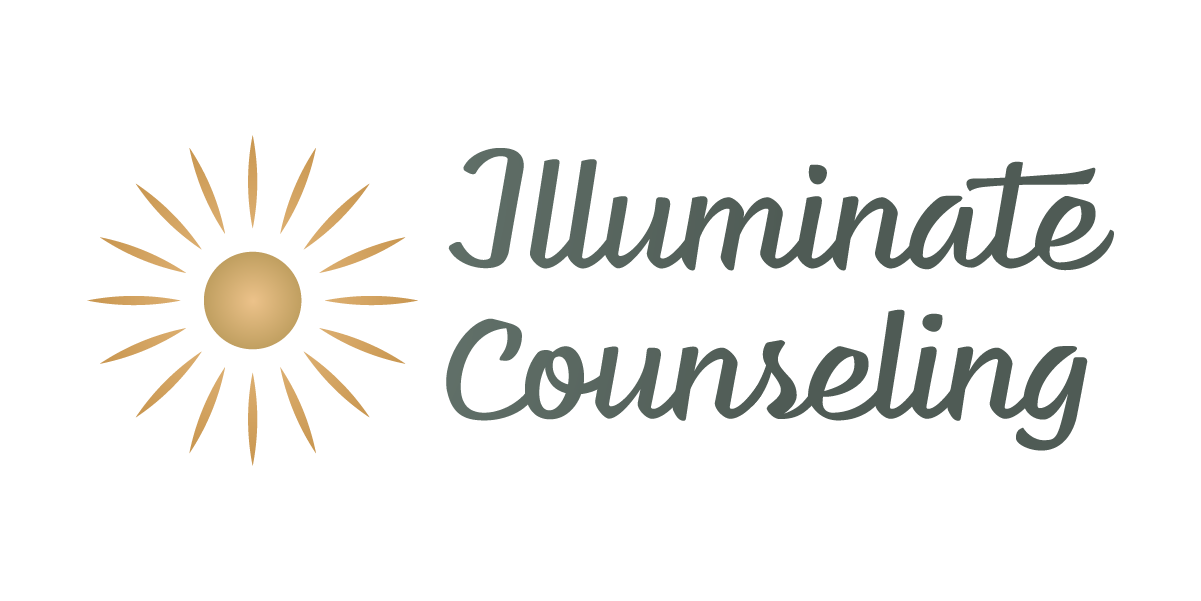Emotional Freedom and Boundaries
Richard Rudd has struck again in his work The Art of Contemplation.
This time with the phrase freedom, tempered with natural boundaries.
For me, this provided a resounding insight into how I want to parent my strong-willed son. I have had many conversations with my husband about how we can parent in a way that honors the natural personalities of the kids we are given. These conversations have been tested as we have a son who exhibits much strong-willedness.
But this phrase simply, and eloquently summarizes how I feel we need to best approach my son. With as much freedom as we can, but with natural boundaries also in place.
Those of you with strong-willed children likely find this resonating with you as well. But this phrase also has a place for those of you without children.
And that is with your emotions.
When you think of processing your emotions and interacting with them, do so freely but with natural boundaries
When anger arises. Name it and feel it. But it’s okay to let it know that your anger isn’t going to progress to hurting someone.
When sadness arises. Name it and feel it. But it’s okay to let it know that it can’t impede and take away from past joys, present joys, or joys to come.
When anxiety arises. Name it and feel it. But it’s okay to let it know that ruminating over a future event isn’t helpful and that you are going to stay in the present.
When grief arises. Name it and feel it. But it’s okay to let it know that ruminating on the past isn’t helpful and that you are going to stay in the present.
We are meant to feel, but we aren’t meant to be consumed and run by our emotions.
So, feel them. Name them when they come up and allow yourself to feel them. But, also set natural boundaries around them. You are the one running the show. Ride the wave when the emotions come and go, but remind yourself that you have the power to set natural boundaries around them, too.


